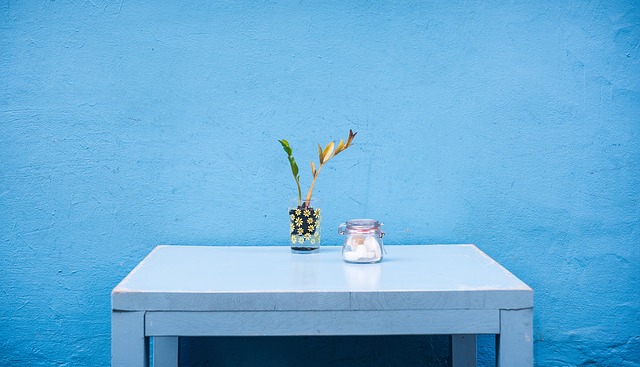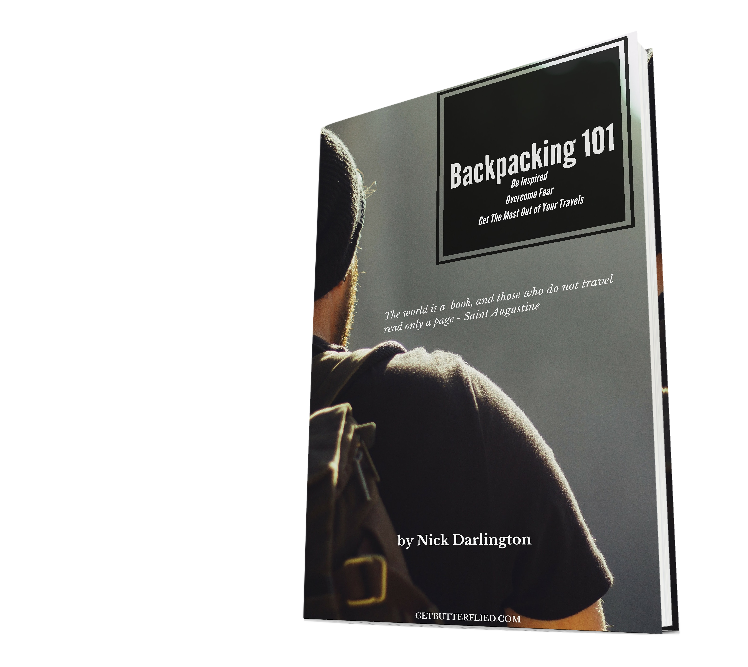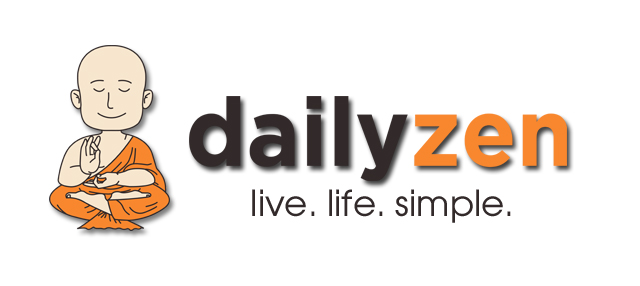People on the whole have a misconception as to what Minimalism is. Minimalism is not about giving away stuff that you no longer want or need – although indeed this can be one aspect of it. It is not about living in a really, really small house, although if this is what you want, then be my guest. It is not about isolating yourself from the city life, moving to the mountains to get in touch with your inner self, although again, if you want to do this, be my guest.
Rather, Minimalism is a re-assessment of your priorities. It involves re-assessing all the things in your life such as relationships, possessions, activities, obligations and getting rid of those things that no longer add value to your life.
Furthermore,on his website Exile Lifestyle, Colin Wright explains Minimalism and the idea that the reduction of physical possessions is a result of Minimalism and not Minimalism itself. He mentions that “Just giving away a bunch of things, doesn’t make you a minimalist, any more than buying a statue makes you Buddhist or doing Yoga makes you Healthy’
Minimalism then involves simplifying your life to such a degree that the things that are truly important to you receive the attention they deserve. For example you might find yourself consumed with negative thoughts – on inspection, this really adds no value to your life (or anyone’s life), so getting rid of these negative thoughts and replacing them with positive ones would serve you better. Similarly, on closer inspection and through assessing your priorities, you will probably find that cutting down on how much television you watch will serve you better freeing up time for other important things.
Of course getting rid of stuff is often the first step people make in trying to live a Minimalistic life. Because through assessing their priorities, they realise that a huge portion of the accumulated possessions are really of no value to them. If anything they just take up unnecessary space and create a cluttered environment. And besides placing a huge importance on material possessions is not healthy.
Minimalism will be different for each and every person as peoples values, priorities and the importance they ascribe to certain things will differ. One person might find that getting rid of the majority of the stuff serves them, whilst another might consider only getting rid of a few.
For me personally I need my laptop to write and keep my blog updated so I won’t be getting rid of that. And my coin collection, I have had it since I was 10. It has sentimental value to me and I add to it whilst I travel. So I will be keeping that. You see there really aren’t any hard and fast rules. It varies.
In assessing the lifestyle choices I have made and continue to make, I am definitely a Minimalist. For me though this really occurred naturally. My dad has always been a Minimalist. Whilst growing up we used to tease him about the clothes he wears and his total disregard for material possessions. But I get it now. It totally makes sense.
Having less material possessions and being happier with that came naturally to me. I focused on the things that were important to me. And I grew up on a farm and an environment where this idea of Minimalist living was part of me.
So, two years ago when I decided to travel I explored this Minimalist lifestyle further. Again though this was not a conscious decision, it occurred naturally.
But my dream to travel and explore the world alone, drove me to adopt this lifestyle. I followed my heart and pursued that which was important to me. This meant that I was happy to spend $250 on a decent backpack as having a good quality backpack was important to me. I was happy travelling light, with 10k-15kg in my backpack at all times.
Not only did this make sense as carrying too much can be a serious hassle, but I didn’t have a huge attachment to possessions. It just wasn’t important to me. In fact, too emphasise this point, I actually threw away certain items of clothing along the way. Travelling solo with a backpack will do that to you. Travel and adventure was my priority, and making this my priority meant that all the things that served no purpose to me such as excess clothes were discarded.
I place a huge amount of value and importance on freedom and adventure. As such I cut things out of my life that prevent me from obtaining this freedom, such as paying off a car, or a house (to name a few). This is Minimalist living for me.
I like to be free to do what I want. And being tied into monthly costs is not something I want. Perhaps this is why I have struggled to have a long term girlfriend, ever? Or maybe I’m just scared of commitment? Either way, as my dad says: It’s never too late to get married.
In Summary
The above should not only put certain misconceptions to bed, but it should give you a good idea as to how you can start implementing Minimalism into your own life. The most important thing is to re-assess that which is important to you and cut out that which no longer serves you.
For example If financial freedom is important to you and you feel like you don’t have it, look at ways in which you can reduce your expenses and spending to achieve it.
You will probably find there are monthly payments you are making which are unnecessary and that you are spending way too much on new things which add no value to your life whatsoever.
And remember if it’s important for you to pay your monthly satellite bill so you can stay up to date with the sport, feel free to do that. After all, that’s important to you and Your Minimalism is not my Minimalism.
If you are still unsure as to whether a Minimalist life is for you, why don’t you check out the many benefits of minimalism. And if you want to explore Minimalism a little more, go here.
YOUR THOUGHTS?
Are you a minimalist? What are your views on Minimalism?






